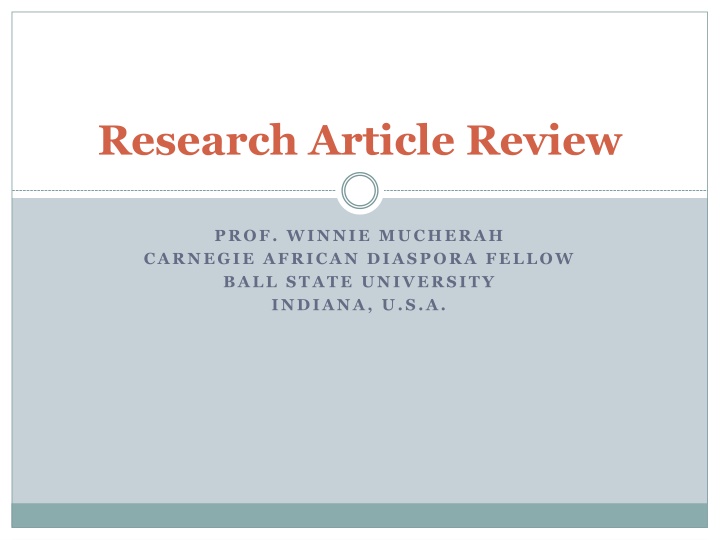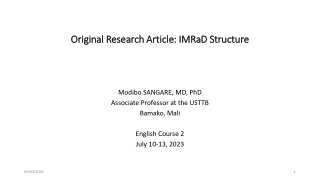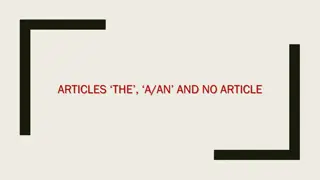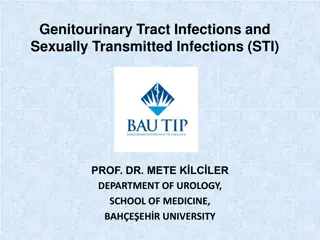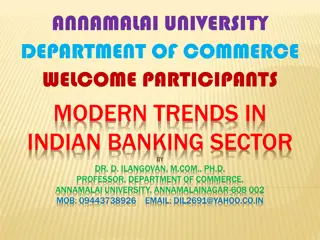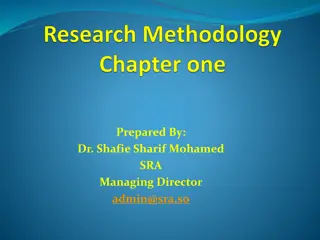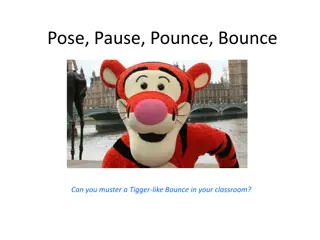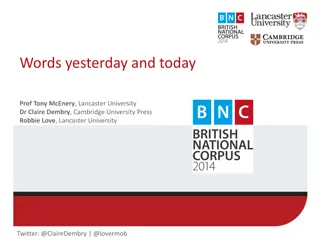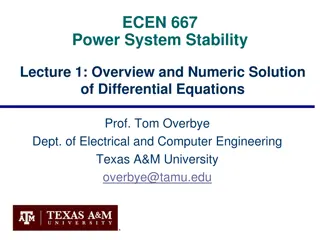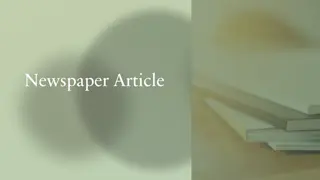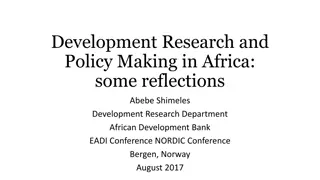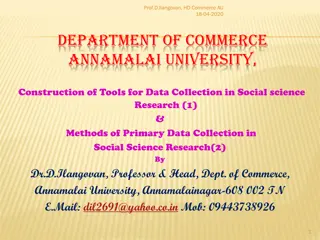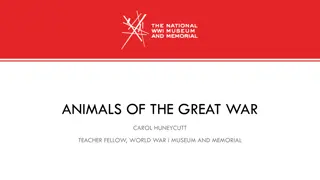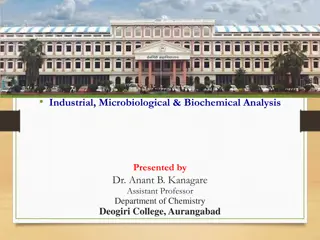Comprehensive Analysis of a Research Article by Prof. Winnie Mucherah
In this comprehensive review, various aspects of a research article by Prof. Winnie Mucherah are discussed, including the purpose of literature review, study objectives, variables, literature review development, methods, statistical analysis, findings, and discussion/conclusion.
Download Presentation

Please find below an Image/Link to download the presentation.
The content on the website is provided AS IS for your information and personal use only. It may not be sold, licensed, or shared on other websites without obtaining consent from the author.If you encounter any issues during the download, it is possible that the publisher has removed the file from their server.
You are allowed to download the files provided on this website for personal or commercial use, subject to the condition that they are used lawfully. All files are the property of their respective owners.
The content on the website is provided AS IS for your information and personal use only. It may not be sold, licensed, or shared on other websites without obtaining consent from the author.
E N D
Presentation Transcript
Research Article Review PROF. WINNIE MUCHERAH CARNEGIE AFRICAN DIASPORA FELLOW BALL STATE UNIVERSITY INDIANA, U.S.A.
Breaking Down the Article What is the purpose of literature review?
Anyone can negatively criticize it is the cheapest of all comment because it requires not a modicum of the effort that suggestion requires. Chuck Jones
Purpose What is the purpose of the study? What are they looking for? What are the variables? Are they looking for a relationship or a difference?
Literature review Literature review: giving the reader an overview of the past research/ basics of the topic are clearly outlined. Is the relevant literature appropriately developed and addressed? Have alternative views been considered? What are the variables in the study? What theories do the authors use? What is the hypothesis? Is it grounded in research/theory?
Methods Participants and setting Are participants and setting clearly defined? Do these adequately represent the population the author wants to study? What variables does it measure and how? Are the measures/variables appropriately valid and reliable? Are the measures supported? Are extraneous or confounding variables controlled? Is the procedure clearly articulated (replicable)?
Statistical Analysis Are statistical analyses fully described? Are they appropriate? Stats will address questions? Difference t-test/ANOVA Relationship correlation Prediction regression Explore descriptives or qualitative
Findings What are the results of the study? Have basic descriptives been offered? Is there a significant difference? Significant relationship?
Discussion/Conclusion What is the author s conclusion? Over-reaching the data? Fit the literature review? Alternative explanations considered/addressed? Flow/Building case Connection to field extensions future Limitations? Threats to validity (see next slide) Suggestions for future?
Critique What are your main critiques of the research (design/analysis/results/conclusions)? Examples: Is it internally valid (do you think they measured the variables accurately)? Is it externally valid (can the results be generalized to other samples or populations)? Are the conclusions too broad? Do you agree with the conclusions the author drew?
Main take-aways Take note of the main findings you would use to support or refute future studies How are these results applicable to your research or practice?
Conclusion on Literature Reviews Reviewing the problems you have had in summarizing the results of others studies can provide you with a good beginning list of practices to follow in your own research. Remember that your study is destined to become part of a virtual data archive As we have benefited from the work of past researchers, so too we all have an ethical obligation to help future researchers benefit from ours-Vogt et al., 2014
QUESTIONS? Martella, R.C., Nelson, J.R., Morgan, R.L., & Marchand-Martella, N.E. (2013). Understanding and interpreting educational research. New York: Guilford. ISBN: 978-1-4625-0962-1
